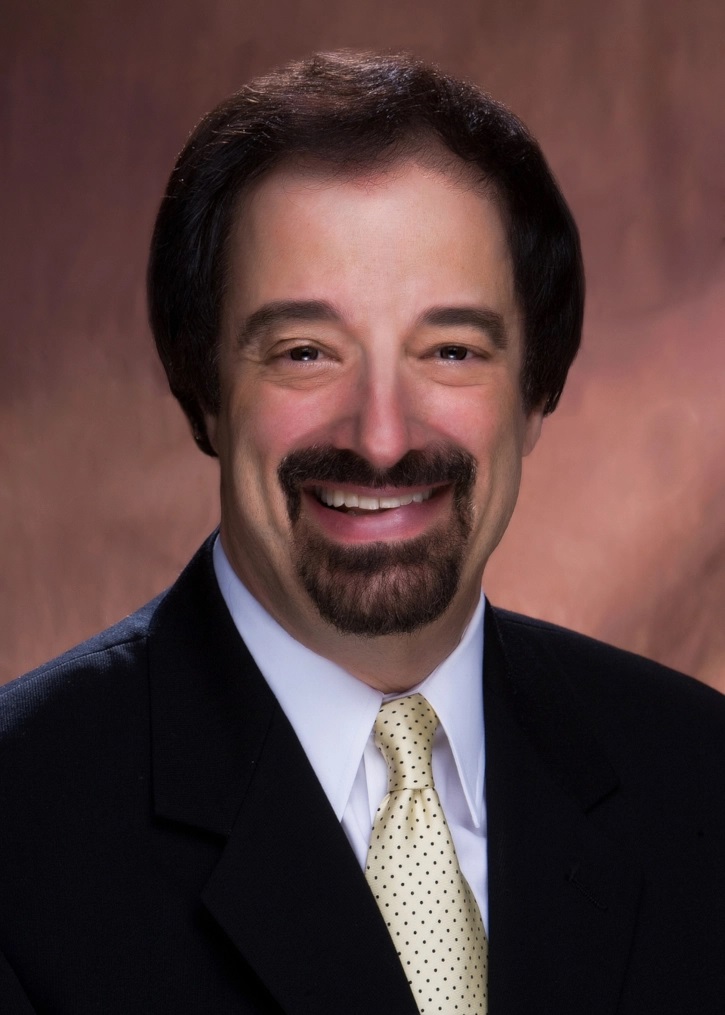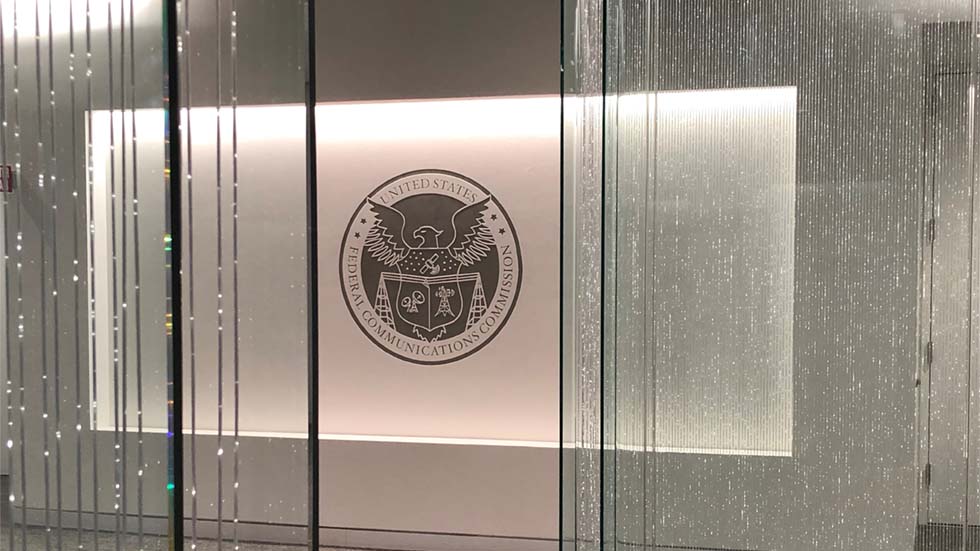Pushing Broadcast Ownership Diversity
This Q&A with David Honig explores the proposed tax certificate bills before Congress

David Honig is a civil rights lawyer practicing before the Federal Communications Commission and federal appeals courts. David co-founded the Multicultural Media, Telecom and Internet Council (MMTC). He currently serves as MMTC’s President Emeritus and Senior Advisor, focusing on broadband adoption, literacy, redlining, and employment and ownership diversity.
He was interviewed by Suzanne Gougherty, director of MMTC Media and Telecom Brokers at the Multicultural Media, Telecom and Internet Council. Answers were edited for clarity and brevity by Veronica Devries, MMTC Earle K. Moore Law Fellow. MMTC commentaries appear regularly in Radio World, which welcomes other points of view on industry issues.
Suzanne Gougherty: Decades ago, the minority tax certificate program was an economic incentive provided to broadcast companies to sell their stations to potential minority buyers — was it successful?
David Honig: It was very successful. It quintupled the number of minority-owned broadcast stations in the 17 years the program was in effect.
Gougherty: Please explain how the tax certificate program worked for broadcast companies.
Honig: If you sold a radio/television station or a local cable system to a minority-controlled entity, you would be given, by the FCC, a certificate which states if you had a capital gain on the sale you can defer payment of the tax on the capital gain if you reinvest in comparable property. It was a way of incentivizing sales to minorities.
The history of it is interesting. In 1970 the FCC was requiring companies that exceeded the station ownership caps (the number of stations you can own in a local market) and other local ownership rules to divest in order to comply with these standards. Because these were compulsory divestitures, to make it go down somewhat easier, the commission said capital gains taxes could be deferred on these compulsory sales.
Subsequently, this tax certificate was extended to voluntary divestitures. In 1977, then FCC Chairman Dick Wiley convened a Federal Advisory Committee to examine whether there were more aggressive steps that could be taken to diversify broadcast ownership. He did this because there were very few minority-owned stations at the time (one television station and 60 radio stations in 1978 when the program was announced). I helped staff that committee. In 1978 the tax certificate program was extended to sales to minority-owned companies. In that way it built on existing framework that the industry was familiar with. The economic impact was spread widely, and it was certainly an incentive to sell to minorities. The program was announced in 1978 and continued until 1995.
Gougherty: Did broadcast companies use the program to increase their ownership portfolio into larger markets or stations?
Honig: Yes, there are examples of it being used by incumbent minority broadcasters to expand the size of their portfolio or the markets they were able to be in so that they could leapfrog up from medium markets to large markets. That was a common use of the economic incentive.
Gougherty: Why was the program stopped?
Honig: Suffice it to say that there was a misinformation campaign.
For 26 years, we have been trying to get the program back. This seems to be the year that has the greatest chance so far of having it come back in some form.
Gougherty: There is a proposal pending in Congress by Rep. G.K. Butterfield (D-N.C.), Sen. Gary Horsford (D-Nev.), Sen. Gary Peters (D-Mich.), and Sen. Robert Menendez (D-N.J.) to bring back the Tax Certificate program. Is it basically the same program; if not, what’s different about this current proposal?
Honig: It is no longer a race-conscious program. It focuses on the eligible companies, that is who can be a buyer, as being socially disadvantaged individuals. There’s extensive case law that points out how an agency must justify a finding that people of color or women are socially and economically disadvantaged and it tracks those standards very closely. It also provides for reports to Congress, to assure that the program won’t be abused. I looked at more than 200 tax certificate deals at the time and there was only one deal where there was fraud, and the FCC did punish that company eventually.
There is also a new provision in the Senate version of the bill that would allow a station owner to receive a tax credit equal to the value of the station, if he or she donates the station to a training institution such as an HBCU. A tax credit is a very valuable thing: it’s tax you don’t pay. This is a way to help small broadcasters especially, and we are hoping this provision will make it to the final version of the bill after both houses of Congress come together.
Gougherty: What will be the process to ensure fraud does not occur with the certificates — such as the involvement of a nonminority entity using a “front” person, who does not have any activity with the organization at all?
Honig: There’s very high visibility with a program like this. It’s a small industry in terms of the number of companies. Everyone would be watching them to make sure that no one is playing games with the program or trying to create a fraudulent buyer. The commission has been very aggressive in cracking down on frauds in other contexts. It would be very stupid for anyone to think they can try and outsmart the FCC Enforcement Bureau.
Gougherty: Is there any opposition to the bill?
Honig: First, the NAB has been wonderful helping to organize support on this issue. All 50 state broadcasting associations wrote a letter to the members of Congress endorsing the return of the tax certificate policy. That has never happened before. No one has come out in opposition. That doesn’t mean there won’t be opposition, but no one has chosen to go public and oppose it. We hope that its value will be recognized in a bipartisan way. We note, for example, that nine former FCC chairs voiced their bipartisan support. There was a voice vote on the House version in the House Commerce Committee that passed with no dissents. So, all the Democratic and Republican members were at peace with how the legislation was presented in the House a few months ago.
Get the TV Tech Newsletter
The professional video industry's #1 source for news, trends and product and tech information. Sign up below.
Suzanne Gougherty is the director of MMTC Media and Telecom Brokers at the Multicultural Media, Telecom and Internet Council.
